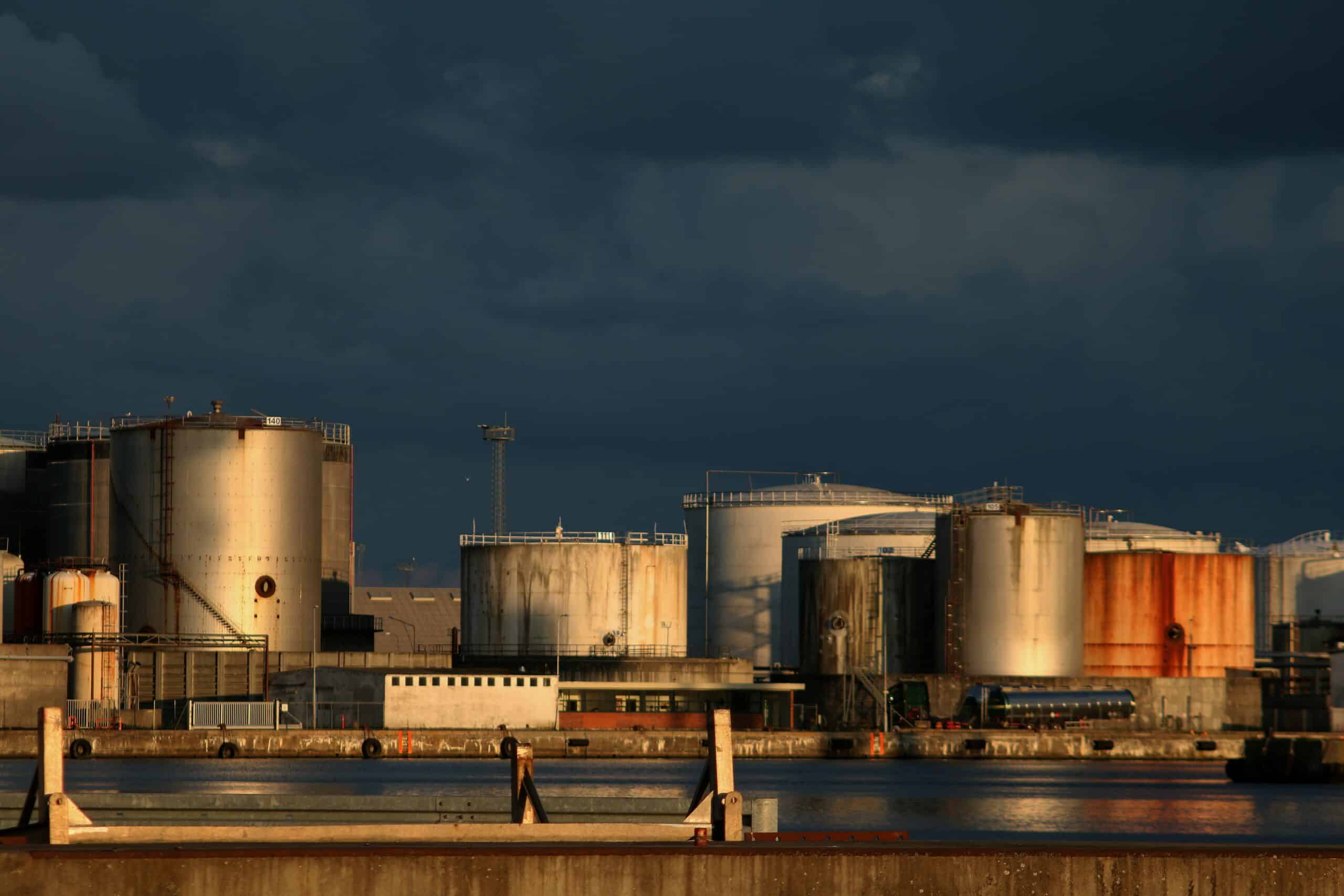Turkey has secured a dominant stake in Somalia’s oil and gas sector through a wide-ranging offshore energy agreement that grants Turkish Petroleum Corporation (TPAO) exclusive exploration and production rights in three offshore blocks.
The agreement — titled Agreement Between the Government of the Republic of Türkiye and the Federal Government of the Federal Republic of Somalia in the Field of Hydrocarbons— was submitted to the Turkish Parliament for ratification on April 22, 2025.
The presentation offered the first detailed insight into the scope, terms and strategic intentions behind the agreement since it was signed last year by Turkish Energy Minister Alparslan Bayraktar and Somali Petroleum Minister Abdirizak Omar Mohamed.
According to Nordic Monitor, the agreement contains highly favorable provisions for Turkey, granting it sweeping operational and financial advantages.
Notably, Turkish entities are exempt from paying standard industry costs such as signature bonuses, development fees, production bonuses, surface fees, or administrative charges.
These exemptions, outlined in Article 4.5 of the agreement, deviate from typical global industry norms, where host countries often require substantial upfront payments for exploration rights.
Under the revenue-sharing structure, TPAO is entitled to recover up to 90% of the petroleum it produces annually—whether oil or natural gas—under a “cost petroleum” clause.
This allows the operator to cover exploration and production expenses before profit sharing begins, effectively giving Turkey control over the vast majority of Somalia’s hydrocarbon output.
Turkey’s seismic research vessel Oruc Reis is scheduled to begin 3D seismic surveys in the designated offshore areas, with operations expected to last several months.
This offshore energy partnership further solidifies Turkey’s growing presence in Somalia, where it has long maintained strategic investments in infrastructure, education, and defense.
In 2017, Turkey established its largest overseas military base in Mogadishu, providing security training to Somali military and police forces.
The deal comes amid ongoing geopolitical tensions in the Horn of Africa, especially concerning Somalia’s maritime boundaries and disputes with neighbouring countries.
Turkish officials have described the agreement as a strategic move aimed at deepening regional energy cooperation and advancing Ankara’s broader Africa Opening Strategy.
Somalia is estimated to hold over 6 billion cubic metres of proven natural gas reserves and up to 30 billion barrels of offshore hydrocarbon potential, making it a key frontier for future energy development.
As Turkey continues to pursue energy independence, it is also exploring oil and gas ventures in Libya and the Black Sea region.











